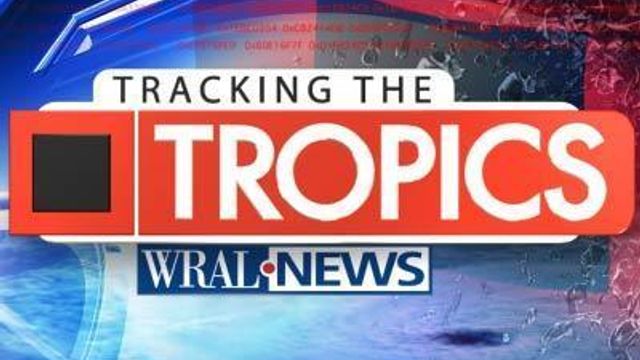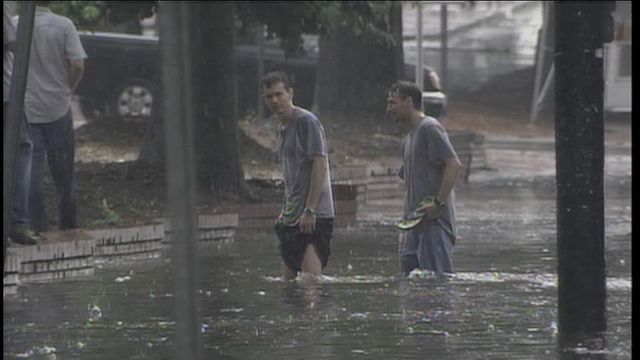Hurricane forecasting advances help mets close the gap
Certain aspects of hurricane forecasting have vastly improved in the last few decades, WRALs Chief Meteorologist Greg Fishel said.
Posted — UpdatedThat’s where hurricane modeling comes in.
Certain aspects of hurricane forecasting have vastly improved in the last few decades, WRAL Chief Meteorologist Greg Fishel said.
For example, the ability to predict what track a hurricane will take had an average three-day error of 310 miles in 1990. Improvements in technology have enabled meteorologists to narrow that average to 110 miles as of last year.
“One of the reasons for that is we’re able to do a much better job of sampling the atmosphere around the storm and also modeling that environment to get a better idea as to how the storm is going to move,” Fishel said.
But improving intensity forecasting – which is predicting the speed of destructive winds in a storm – remains elusive.
The average three-day error in forecasting intensity is 21 miles an hour, a statistic that has not changed in 20 years, Fishel said.
Rick Knabb, the director of the National Hurricane Center explained the discrepancy.
“It’s different than track forecasting simply because what drives the change and strength of a storm or hurricane not only involves the environment the storm is in, but it involves what goes on in the inner core,” he said. “And that’s harder to measure and harder to forecast by the models.”
For this hurricane season, the National Oceanic and Atmospheric Administration expects nine to 15 named storms, four to eight hurricanes and one to three major hurricanes. Major hurricanes are classified as those that rank Category 3, 4 or 5 on the Saffir-Simpson Scale and produce winds of at least 111 mph.
Fishel and Knabb encourage North Carolinians to be prepared.
"It’s our comfort zone to not want to prepare for something that we think has a very low chance of happening," Knabb said. "But it might be someone’s year this year. You have to be ready. You’re outcome will be much better. You don’t want to be caught off guard, after the fact, wishing you had prepared."
• Credits
Copyright 2024 by Capitol Broadcasting Company. All rights reserved. This material may not be published, broadcast, rewritten or redistributed.






